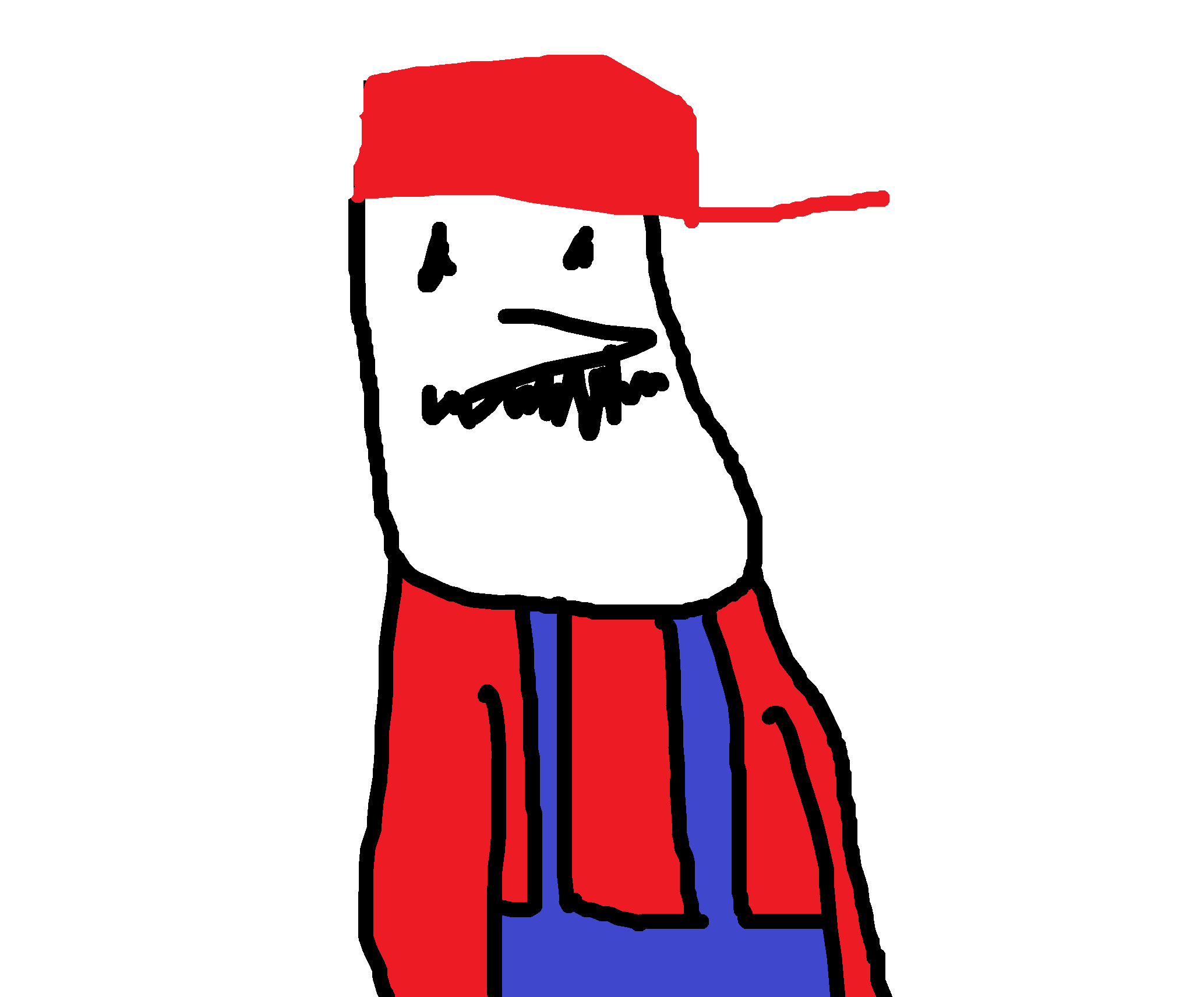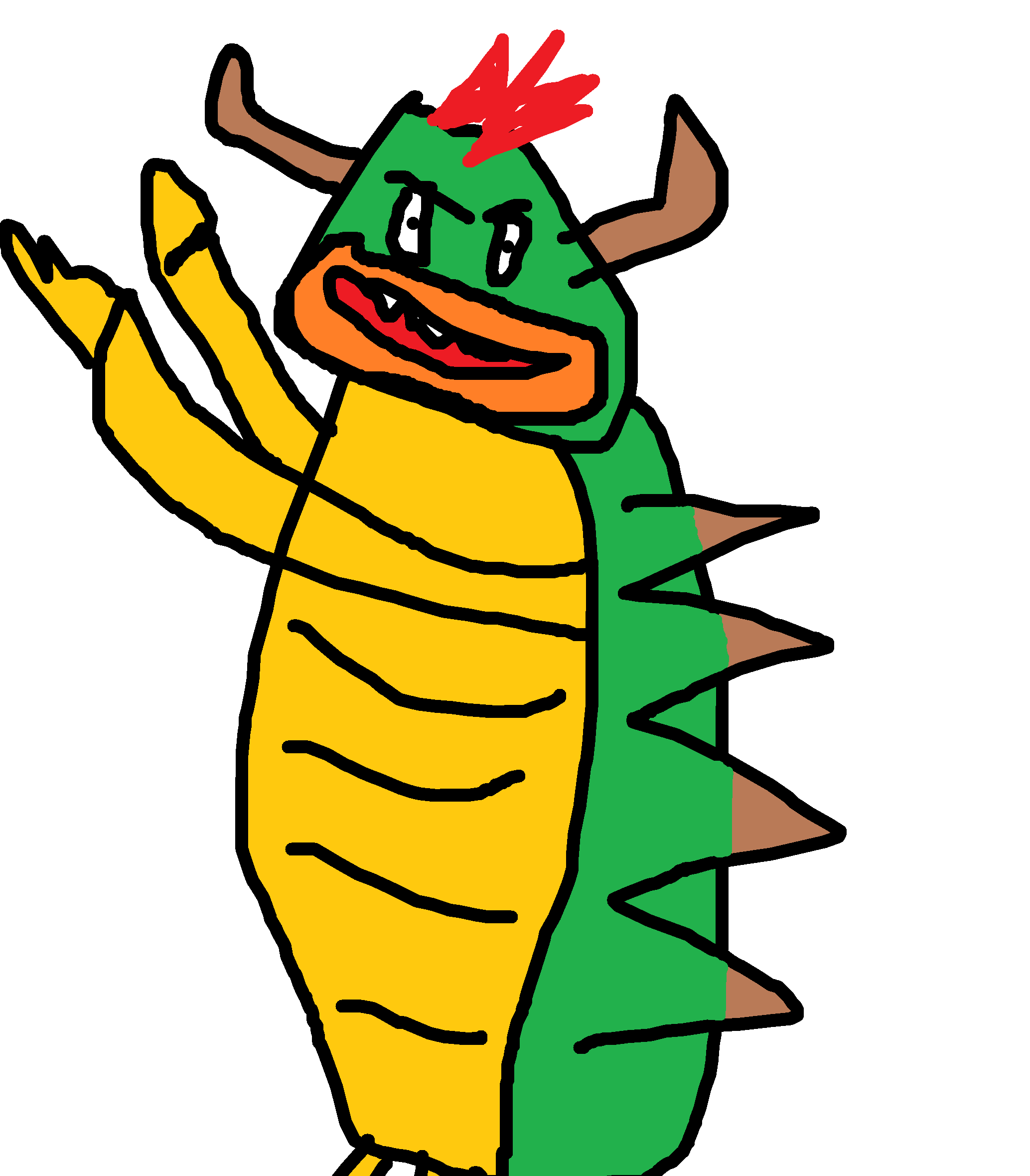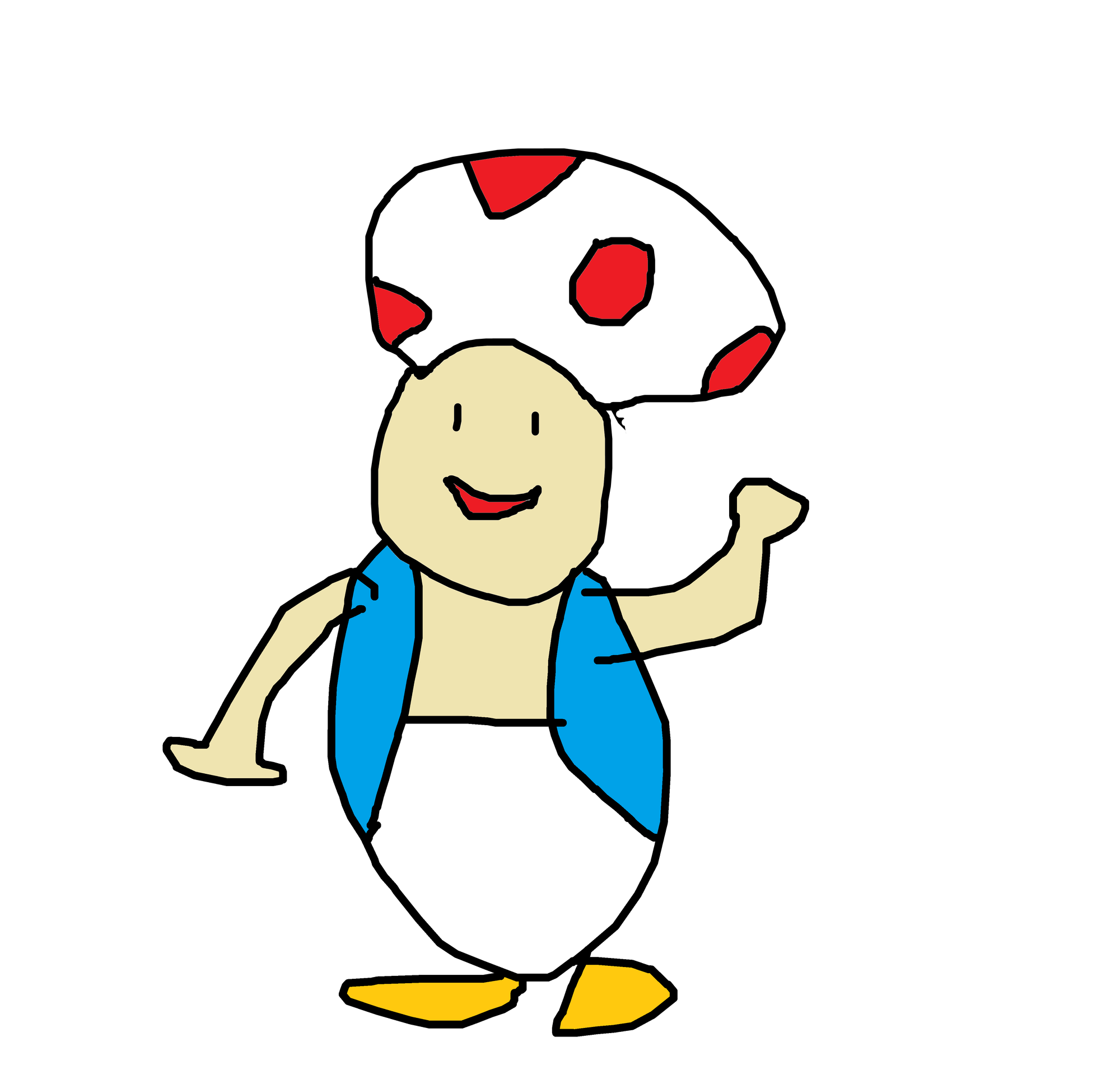Mario Is Art
In 2012 Roger Ebert somewhat infamously said that video games were not art - in fact, could never be art. In some ways I am sympathetic to this idea, though at this point it seems blatantly wrong - emotionally evocative and thematically rich stories being communicated through visuals, words, and music are art by most definitions, and at least some video games fit this criteria. But I think part of what he was getting at was the idea that mediums should be appreciated for what they actually are, and not what they are not. I've always sort of bristled when people say that songs are poetry, because I think that songs and poetry are different mediums, with different sets of rules and traditions that provide deeper meaning to the individual works. Songs are not poems set to music; the music is an integral part of a song, and when used well it is the relationship between the words and the music that provides much of the meaning. Likewise, the visual layout or performance of a poem is an integral part of it and provides meaning as well - the line breaks or the punctuation, or the way the poet enunciates certain words, or pauses, and so on.
By this logic, I think Roger Ebert was saying video games - and I feel certain he was mostly thinking about like, Mario and Pac Man and Doom and other action adventure style games and not like, A Night in the Woods or Firewatch - should not be evaluated on how well they work as movies or novels or other forms of non-interactive storytelling (mostly bad!), but rather by their game play mechanics - just as football and chess and whatnot can all tell stories in a way, but the story is different each time, and the real (ahem) "art" of those games is in the rules and game construction, and also in the way that the players adapt those rules in creative and unique and (ahem ahem) "artful" ways. Roger Ebert would probably argue that this makes games, video games included, something entirely different from art. But I'm not so sure.
As a teenager, I was part of various video game forums and would read user posted game reviews on places like GameFAQs, and a recurring thing was how great the stories of different games were; so good they were like the greatest movies and books. Final Fantasy VII was better, according to some people, than Moby Dick. Not because it has a finely tuned active battle system, or a flexible "materia" based leveling system, or anything relating to it as a game, but because it told a better story, with themes and characters and a badass motorcycle chase and dreamy bishonen villain (both of which Moby Dick lack, though I suppose you can imagine Captain Ahab anyway you want).
This is a ridiculous idea, because while FFVII is one of my favorite game narratives, it is not Moby fucking Dick. I would argue that most video game narratives are still only approaching the narrative level of, like, a pretty good pulp adventure story. The Witcher 3 is like a pretty good Terry Brooks book. That's a lot of fun, and in my opinion is unquestionably art, but it's still not Moby fucking Dick, or War and Peace, or The Sun Also Rises, or The Bell Jar, or any of these other classic works of literature that can tell deep stories about the conflicted nature of being a person, without boss battles or needing to kill 20,000 NPC goblins to get there.
But there’s another way to look at these things, and that’s Mario.

Mario’s narrative is ridiculous.
There's a demon and a princess, which I guess is all pretty classic and Jungian, but then the hero is a portly Italian carpenter (later retconned into being a plumber - better union I think). There is little plot. There is no character development. There is almost no dialogue ("Our princess is in another castle" not withstanding). Things float for no reason, and there are talking mushrooms and villainous turtles, some of whom throw hammers - all completely unexplained. I guess in a way it's kind of primal (hero overcoming series of obstacles to defeat evil, and possibly get laid), but rather than draw on classic archetypes from mythology (dragons and skeleton knights and Gorgons), Mario invents much of its iconography whole cloth. I guess that's one reason I find it so fascinating. Zelda is arguably a better series, but it's definitely stuff we've seen before... and before.... and before....
It occurs to me that a lot of the 80s arcade games were like this. Sure, there were plenty of swords and sorcery and alien invader games... but then what the fuck is a Pac-Man? What is a Q-Bert? Maybe I'm missing something, some connection to anime or other pop culture touchstone, but it occurs to me that they were basically inventing their own stylistic pantheon here. I'd guess that the limitations of the medium had something to do with this - much easier to animate a little blob monster in 8-bits than a recognizable human or animal avatar.
I suppose this might mean that the decisions compelled by early technological limitations are essentially baked into the lexicon of video games through to today, which is kind of a delightful notion. Brian Eno would like it, anyway.

Mario is also a corporate mascot, an IP, and it is increasingly these aspects that seem to dominate our conception of Mario. Mario is a movie. Mario is a doll. Mario is an amusement park. Mario has been a breakfast cereal, multiple times in fact. Nintendo as a company has had ups and downs, but since the late 80s has never not been one of the top two or three video game companies in the world, and they are fervently defensive of their product, aggressively litigious in a way that makes even the suits at Microsoft look like EFF members.
Something similar has happened to Mario that has happened to Mickey Mouse, which is that he has been "de-strangified," to invent a term. Nothing about Mickey Mouse looks at all unusual to us, he is the most benign and boring corporate mascot that you could possibly imagine. But if you came from an Earth that had no Mickey Mouse and watched "Steamboat Willy," it would seem incredibly bizarre. I think the same could be said about Mario. It is deeply strange stuff.
But not especially deep, as I said before. Not on the narrative level. It's still basically a Saturday morning cartoon. Not only does good always triumph (if you put in enough persistence,) but death itself is overcome. The preoccupations of adult narrative art - loss and disappointment and death, and the inherent contradictions of a society - are almost entirely absent.

But Mario is not really about any of that.
What Mario is about is the laws of physics. Specifically, Mario is about how good it feels to break them. Mario is about the visceral joy of jumping impossibly far, bouncing off of a wall onto another wall like a pinball until you go hurtling into the stratosphere, or breaking gravity altogether and taking flight.
Art is supposed to be about something. I posit that what Mario is about is movement itself. In particular, the joy of it. The number one thing I notice when I play a Mario game (any of the mainline games will do) is that it feels good to move. Running feels good, jumping feels great. (It's interesting that I say "feels" when you're actually not feeling anything at all physically, other than the pressing of buttons, but somehow "feeling" is the best way I can describe it). And it feels really good when you do something that would ordinarily be impossible.
What is on offer here is transcendence.
In the same way that abstract paintings can be about the colors and shapes themselves, and how they affect us and how that might change our view of the world and what’s possible, I'm proposing that Mario as a work of art is not about "Mario" the hero, but about the way a body moves through time and space with pure fluidity and gleefulness and abandon. The rest is sort of superfluous - the genius comes from the way that the player interacts with the world on display, and the way that the virtual world has been created to allow the player to interact with it. If video games are art, I think we will be remiss if we don't understand this interaction as their central means of communication.
Because art is supposed to communicate something, and the message is clear: fuck the laws of physics, fuck the boundaries of reality, fuck all that and soar.
Soar like a bird, soar like an F-14, soar like Jordan in his prime, soar like Mario. Soar you stupid idiot, soar.